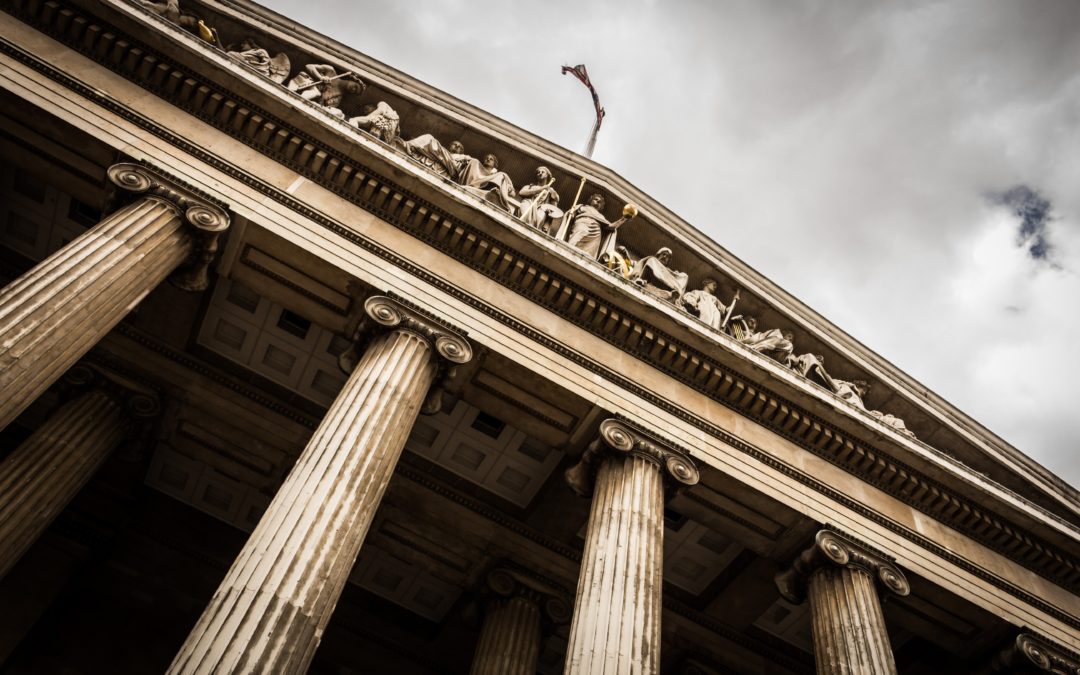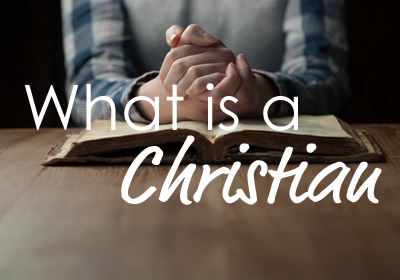Rom 3:21-26 is the climax of Paul’s gospel presentation, which began in Rom 1:1. In Rom 1:17 Paul declared that the gospel reveals ‘the righteousness of God’; a phrase which means that God does what it right. Since then Paul has been outlining how God has always saved the righteous, both Jew and Gentile, and condemned the wicked, Jew and Gentile alike.
Yet this argument hit a snag in Rom 3:19-20, for the (Mosaic) law shows ALL are ‘accountable to God’ (Rom 3:19). The fact that God included sacrificial laws INSIDE the Mosaic Law indicates God expects his people to sin, and need to atone for it. It is the sacrificial laws that make one ‘conscious of our sin’ (Rom 3:20).
The reason this is a problem is, how can God save the righteous, who are also ‘accountable to God’, and still remain just? If God simply ignores sin, or calls wickedness ‘righteous’, then God is not righteous. The righteousness of God is at stake here.
This all changes with the ‘But now’ of Rom 3:21. Something new has happened in history, that highlights God’s righteousness, even though he forgives the sins of his people. That something new is God presenting Christ as a propitiation; a turning away of wrath (Rom 3:25). The punishment that the righteous deserve, because their sin makes them accountable to God, has been taken by Jesus. This is ‘the righteousness of God’; how God can both be ‘just and the one who justifies those who have faith in Jesus’ (Rom 3:26).
This is why Rom 3:21-26 is such a beautiful passage. It shows (i) HOW the righteous are saved (i.e. through faith in Jesus’ death), and (ii) how God can save us and still remain perfectly righteous. Praise be to God, who treats sin properly, yet treats his people better than they deserve.






